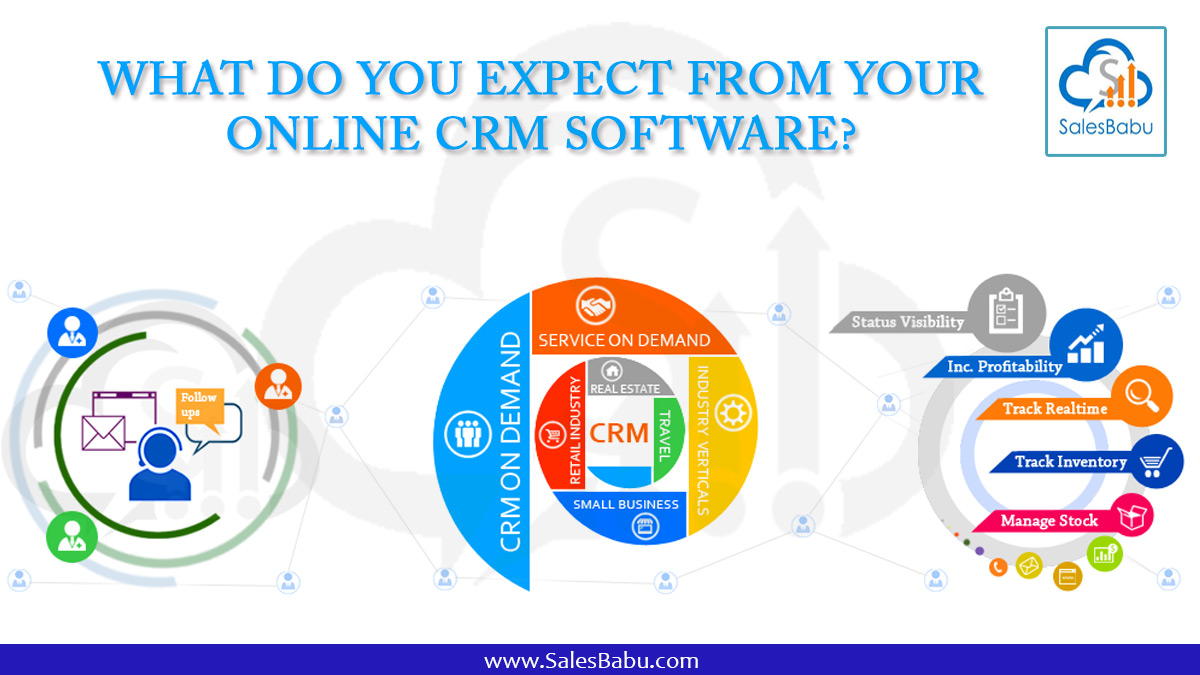Customer Relationship Management (CRM) software is a critical tool for managing leads, tracking interactions, and driving customer engagement. But before committing to a CRM solution, experiencing a CRM demo is a vital step. A CRM demo allows you to explore the software’s capabilities, understand how it fits your business needs, and determine if it aligns with your goals.
Whether you’re a startup looking for a lightweight CRM or an enterprise evaluating a robust platform, this article will help you understand what to expect from a CRM demo and how to get the most value from the process.
What Is a CRM Demo?
A CRM demo is a live or recorded presentation of a Customer Relationship Management platform, designed to showcase its features, interface, and use cases. Demos may be pre-recorded video tours, interactive sandbox environments, or live walkthroughs led by product experts.
The purpose of a demo is to give potential buyers a firsthand look at how the software works in practice—helping you make an informed decision before purchasing or subscribing.
Types of CRM Demos
1. Pre-Recorded Demos
-
Offered on the vendor’s website or YouTube channel.
-
Good for a quick overview of functionality and interface.
-
No customization or Q&A option.
2. Live One-on-One Demos
-
Scheduled with a sales or product expert.
-
Tailored to your industry or business needs.
-
Includes live Q&A and interactive exploration.
3. Interactive Free Trials
-
Hands-on access to the software for a limited period (typically 7–30 days).
-
Lets you test real workflows and features using your own data.
What to Expect During a CRM Demo
A typical CRM demo includes the following:
-
Dashboard Overview: Introduction to the user interface, navigation, and customization options.
-
Lead and Contact Management: How to input, organize, and manage customer information.
-
Sales Pipeline & Opportunities: Visual tracking of deals, stages, and forecasted revenue.
-
Marketing Automation: Email campaigns, segmentation, and lead scoring (if applicable).
-
Reporting & Analytics: Access to sales performance, customer engagement, and ROI tracking.
-
Integrations: Overview of tools the CRM connects with (email, accounting, support, etc.).
-
Mobile Access: Demonstration of CRM functionality on smartphones or tablets.
Questions to Ask During a CRM Demo
To ensure the CRM is a good fit, ask questions like:
-
Can the system scale with our growth?
-
How customizable are the fields, pipelines, and dashboards?
-
Does it support automation for repetitive tasks?
-
What integrations are available out of the box?
-
How secure is the data, and does it meet compliance standards?
-
How easy is it for non-technical users to learn?
-
What kind of customer support and training is available?
Evaluating the Right CRM from the Demo
After the demo, take time to evaluate the system based on:
| Criteria | Considerations |
|---|---|
| Ease of Use | Is the interface intuitive for your team? |
| Feature Relevance | Does it meet your specific business needs? |
| Customization | Can you adapt workflows and fields to your processes? |
| Performance | Is it fast, stable, and mobile-friendly? |
| Support | Are onboarding and ongoing help readily available? |
| Cost | Does the price align with your budget and expected ROI? |
Create a checklist or rating system to compare different platforms after demos, especially if you’re evaluating multiple options.
Popular CRMs Offering Demos
Many top CRM vendors offer demos and trials, including:
-
Salesforce – Advanced features for enterprises; customizable and scalable.
-
HubSpot CRM – Free core version with demos and premium sales/marketing features.
-
Zoho CRM – Affordable and modular, with demos for different industries.
-
Pipedrive – Sales-focused with clean design and intuitive interface.
-
Freshsales (Freshworks) – AI-driven features and automation-friendly.
Conclusion
A CRM demo is more than just a product tour—it’s an opportunity to assess how the software can solve your real-world business challenges. By approaching the demo with clear goals and the right questions, you can confidently choose a CRM that not only meets your current needs but also supports your growth into the future.
Don’t rush the process. Test the system, involve your team, and make sure the platform you choose will empower your business with better insights, stronger relationships, and greater efficiency.

